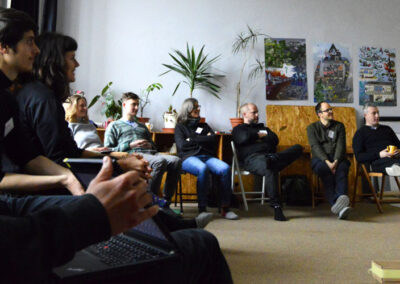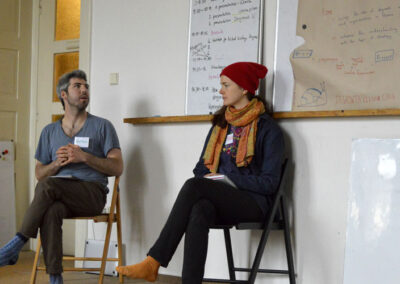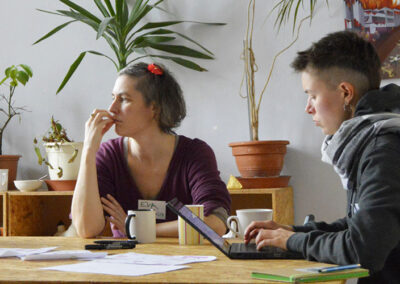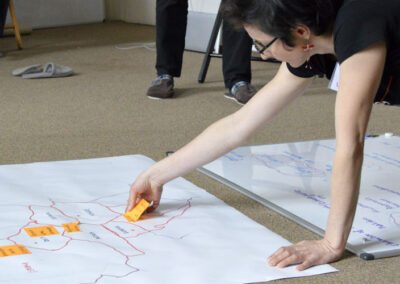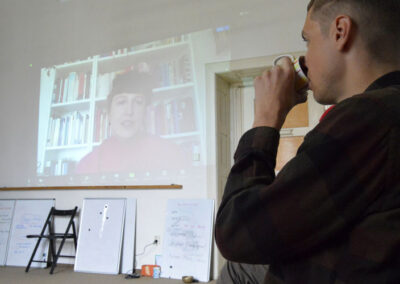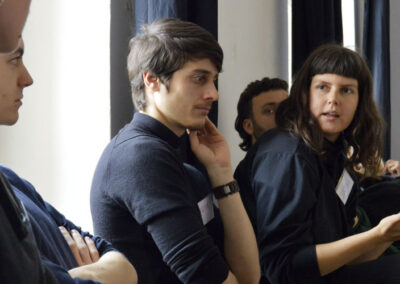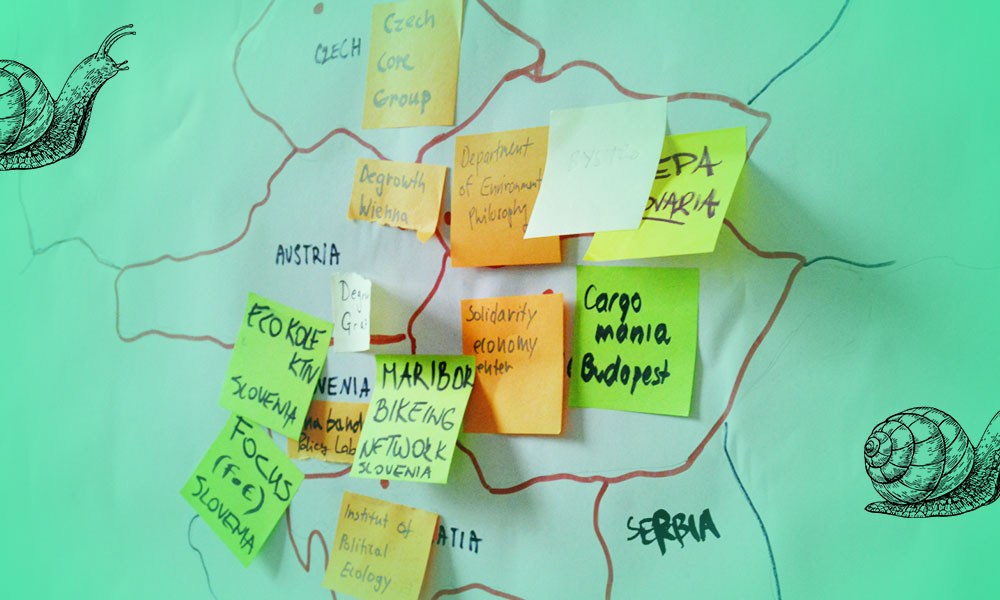
Networking and exchange meeting No.1 –
communication of degrowth and socio-ecological transformation
Degrowth in post-communist European countries
In recent years, the degrowth movement has been growing in Western European countries. Whereas many organizations in Eastern Europe find it challenging to come out with the word degrowth and its concept. How does the post-communist history affect civil society today? What are the challenges on the way to social-ecological transformation? What can we learn from each other?
On the first weekend of April, the 1st networking meeting on degrowth and socio-ecological transformation took place in Brno, Czech republic. The main goal was to network organisations and individuals working on degrowth in order to identify common struggles and develop strategies for communicating degrowth to a broader civil society. We also spent some time collecting ideas for the conference on “Degrowth and socio-ecological transformation”, which will be held in Brno, Czech republic, September 8-11, 2022.
The following stakeholders took part at the 1st network meeting:
Degrowth core group Czech
- alliance of organizations and individuals working on degrowth and socio-ecological transformation, involves people from academia as well as activists and artists (e.g. NaZemi, Re-set, Friends of the Earth)
- follows 3 pillars:
– inform (by publishing articles, videos, books, newsletter and creating a website)
– educate (by giving presentations, talks, workshops)
– connect (by organizing events, e.g. conference)
Konzeptwerk Neue Ökonomie, Germany
- non-governmental grassroot organization working on socio-ecological transformation
- thematic teams in 2022: climate justice, digitalisation and transformative education
- aims to connect social movements, science and civil society – and create learning spaces for critical educational work
Degrowth Vienna, Austria
- started as a group of activists to organize the international degrowth conference 2020, today a small team of paid people and many volunteers
- focus on strategies of degrowth and socio-ecological transformation – built on the context in German speaking countries, bringing degrowth into Vienna and Austrian context and political space
- http://www.degrowthvienna.org/en/landing-page/
Institut for political ecology, Zagreb, Croatia
- non-governmental organization working on degrowth and democratization of public services
- providing political economic information for society to create knowledge for action
- group of researches working on sustainability indicators
- educational work, e.g. green academy winter seminar on degrowth
- http://ipe.hr/en/
Faculty of Sciences, Department of Environmental Philosophy, Bratislava, Slovakia
- focus on the philosophical investigation of problems related to the relationship between human and nature, and on the reflection of the causes and socio-political consequences of environmental degradation, pollution, and the climate crisis
- several PhD students are part of the department whose theses are focused on philosophical investigations on various aspects of the concept of Anthropocene
- https://fns.uniba.sk/en/
Solidarity Economy Center, Budapest, Hungary
- aims to create a supporting system for cooperatives, social enterprises and other organizations working according to solidarity economy principles
- focus on building truly sustainable movements, e.g. build sustainable reproductive economy in a non market way such as house cooperatives
- https://szolidarisgazdasagkozpont.hu/
Ena Banda, Ljubljana, Slovenia
- policy lab, main activity is a film, video and social sphere research
- building a degrowth core community in Slovenia, publishing articles, giving workshops
- http://enabanda.si/en/
Sponsored by the
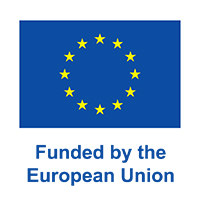
Visual components of the Erasmus+ programme
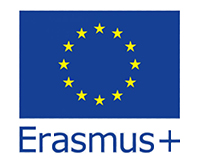
Partner-Organisations:
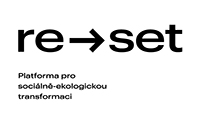
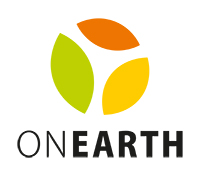
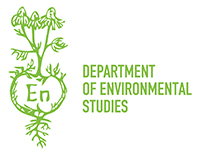

The sole responsibility for the content of this webpage lies with the authors. It does not necessarily reflect the opinion of the DZS and the European Commission or Communities. The DZS and the European Commission is not responsible for any use that may be made of the information contained therein.
TRAG UNS MIT
Im Konzeptwerk setzen wir uns für eine gerechte und ökologische Wirtschaft ein, die ein gutes Leben für alle sichert.
Wir haben Ideen, Mut und brauchen einen langen Atem. Den kannst du uns geben.
Unterstütze das Konzeptwerk mit einer regelmäßigen Spende und trage uns mit.

